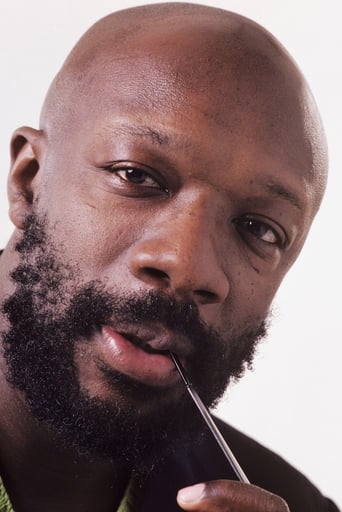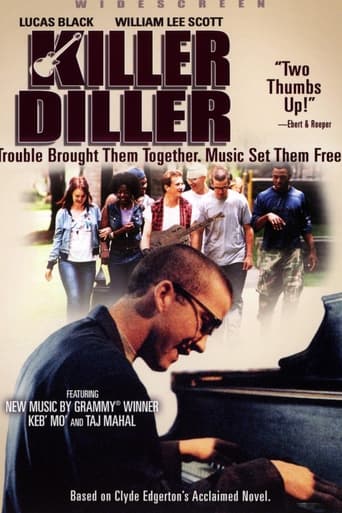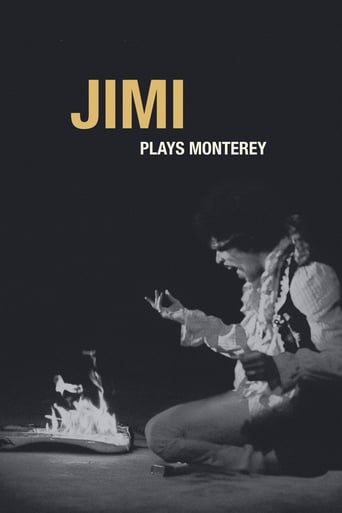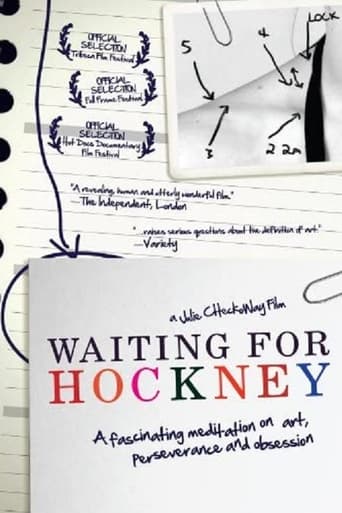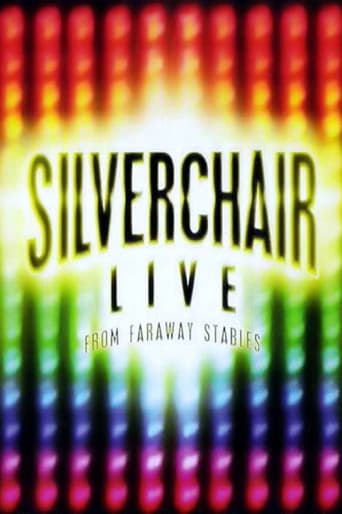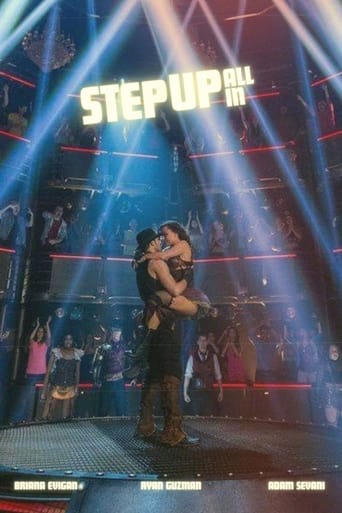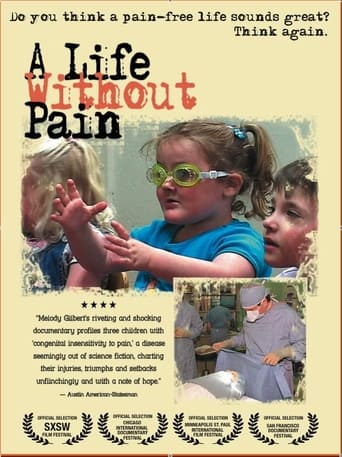

Only the Strong Survive (2002)
A film featuring the veteran soul music artists and music of Stax Records.
Watch Trailer
Cast


Similar titles
Reviews
Having seen "Standing in the Shadows of Motown" recently put me in the mood for film retrospectives of recent black music to see how it has stood up, how it has influenced the wider culture of the western world and what the original artists are doing now. Similar to "Shadows" this film mixes live performances from the artists today with talking heads although here there are fewer set interviews and more recollections captured on the move as it were. This helps make the film feel a lot livelier and engaging because it doesn't come over as being rehearsed or set in a studio but rather being personal and just like talking to these people, as natural as being with them in person.Although the film doesn't manage to convey a real time line or history to help the unfamiliar, it does provide a fan's excitable view of the scene hence the film is best when just chilling out with the artists. To some this may be a missed opportunity because it could have easily been longer and more interesting, but as it is it does still work as a bit of reminiscing as opposed to actually recording the people and the songs for posterity as more of a documentary no matter what Hegedus' aim, the film just doesn't manage to do that well at all. In fact Hegedus is a bit of a problem generally his narration is gradually dropped and just as well as he has a whiney little voice and doesn't add anything of value; having him kicking around on screen is a distraction as well and it shows he was perhaps a bit too distracted as a fan to be able to do the job of producer/director effectively.The performances are strong and the artists involved are older but still funny and entertaining in differing ways. As a "fan's" film, we are not allowed to really look too closely at any of them and anything even slightly negative is mostly glossed over in a rather annoying fashion although I can see why, after all, the film wasn't aiming for documentary so much as it just capturing the people and recent performances. Overall this is an enjoyable film thanks to the people and the performances; it may not have the depth and detail that I would have liked it to have had in regards capturing the times of Stax and looking at the life of the artists after the success, but it doesn't try to do this and is still enjoyable for what it does do and will be enjoyed by fans of the music and the performers.
Taken from R&B pioneer Jerry Butler's most enduring hit, the title of this upbeat, soulful documentary provides an evolution of R&B in the cities across the nation where soul music flourished between 1960 and 1975.Opening with 82 year old Rufus Thomas, referred to as Memphis' "Other King," he was still broadcasting his popular weekly program in Memphis, credited with giving soul music and R&B its start, moving on to Philadelphia, New York, Chicago and Detroit. A legend in his own right, as a disc jockey, Rufus was the first to play Elvis Presley records for black audiences.Loaded with incredible concert footage, the performers prove that they can still enthrall audiences in an undiminished capacity years after their peak of popularity. The ageless Wilson Pickett is mesmerizing as ever on stage, while Jerry Butler croons a smooth love song. Sam Moore is truly electrifying, especially when he performs "When Something Is Wrong With My Baby." Isaac Hayes is honored, calling attention to his major role at Stax Records, where he wrote or co-wrote many of its major hits. Most touching is Rufus Thomas, who recently died at 84, in a duet with daughter Carla on "Night Time Is the Right Time." Sam Moore recalls his dark days as a drug pusher, and despite his age (and a triple bypass) Rufus Thomas delivers a dynamic performance (sadly, he died in December 2001, just as "Only the Strong Survive" was being completed for its premiere at Sundance).This graceful film also showcases soul music legends Mary Wilson, the Chi-Lites, Carla Thomas and Ann Peebles, exuding a lack of bitterness and gratefulness for the good things and a relentless energy to continue on with their talents as the true artists that they are.
Released on the heels of Standing In the Shadows of Motown, Only the Strong Survive is an unfocused mess that, happily, still is worth a look if you're a fan of soul music in general or the Stax sound in particular. Even here, though, the film meanders from its path during a trip to Royal Studios and a pit stop in Chicago. The stories of Hi Records, Ann Peebles, The Chi-Lites, and Jerry Butler are all worth telling, but are diminished in the context of this film. And while it's nice to hear from ex-Supreme Mary Wilson, she's REALLY out of place here. As a film, this barely rates a 1, but thankfully there's plenty of that good old Southern soul stew on hand to keep things interesting. Of particular note are the performances of Sam Moore (When Something Is Wrong With My Baby always brings a tear to my eye), the much missed Rufus Thomas (Walkin' the Dog), and the aforementioned Ms. Peebles. Even the notoriously flaky Wilson Pickett delivers the goods here, though his ethnic wisecrack should have been left on the cutting room floor. One gets the feeling directors D. A. Pennebacker and Chris Hegedus basically filmed whatever came their way: there are huge gaps in the story (where's William Bell? Eddie Floyd? Booker T. and the M.G.s?), a dearth of archival footage (barring a rather tantalizing Carla Thomas clip), and a general lack of attention to detail. Stax deserves its own film, and sadly this ain't it.
Fans of soul music of the sixties and seventies will thank Miramax Films for bringing this work to the screen. Mogul Harvey Weinstein, who amasses a number of Oscars each year, including Chicago for 2002 Best Picture, could have made a lot more money with other films. I suspect he loves this music as much as I do, and he appears briefly in the movie.Legends Jerry Butler, Wilson Pickett, Sam Moore of Sam & Dave, Mary Wilson of the Supremes, Isaac Hayes, the Chilites (all original members) and Carla Thomas are seen as they are now in their early sixties. This picture was made in 1999, and Rufus Thomas, who appears in the film, passed away in 2001 at 84. They perform their vintage hit songs, are interviewed, and reminisce about their early days with Stax Records, Motown's competitor. All are doing well, although they've gained weight. Jerry Butler, the Iceman, sings his classics: the title song and For Your Precious Love. We learn he returned to college in his fifties, and is now a Commissioner in Chicago. Hayes (Shaft) and Butler retain their strong, rich voices. We're also treated to a cameo archive of Otis Redding.This film reminds me of its close relative, Standing in the Shadow of Motown. That work is richer in exploring the lives of cast members, and elicits from them more heartfelt emotions of what it was like socially, politically and musically to grow up in Detroit in the 1960s. The locale here is Memphis. That movie, however, focuses less on the hit singers, but on the outstanding back-up band, the Funk Brothers. This show features more songs by original artists, but shorter versions of each, whereas Standing includes younger performers doing the complete soundtrack of just a few Motown classics like Heat Wave. Each picture powerfully recreates that wonderful era of soul music in our own salad days.If there's a film maker who wants to complete the trilogy, he could focus next on the Philadelphia sound of Harold Melvin and the Blue Notes, Billy Paul, Archie Bell and the Drells, MFSB, the O'Jays, Stylistics, Three Degrees, Lou Rawls, etc. I'm waiting eagerly.


